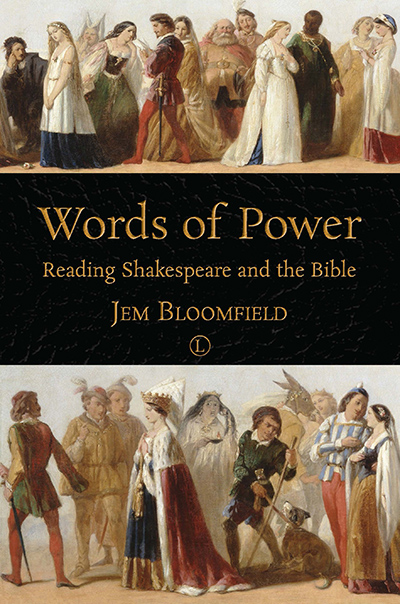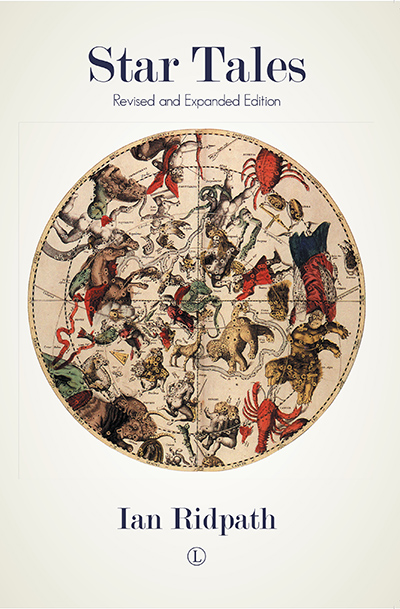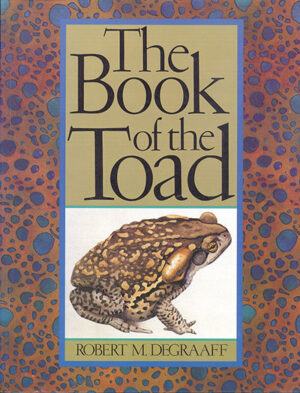Description
Shakespeare and the Bible are two titans of English-speaking culture: their image endlessly cited and recycled; their language permeating our public ceremonies and our private jokes. In Words of Power, Jem Bloomfield explores the cultural reverberations of these two collections of books, and how each era finds new meanings as they encounter works such as Hamlet or the Gospel of Mark.
Beginning with a shrewd examination of how we have codified and standardised their canons, deciding which books and which words are included in the official collections and which are excluded, Bloomfield charts the ways in which every generation grapples with these enigmatic and complex texts. He explores the way they are read and performed in public, the institutions that use their names to legitimise their own activities, and how the texts are quoted by politicians, lords and rappers. Words of Power throws modern ideas about Shakespeare and the Bible into sharp relief by contrasting them with those of our ancestors, showing how our engagements with these texts reveal as much about ourselves as their actual meanings.
About the Author
Jem Bloomfield is an Assistant Professor of Literature at the University of Nottingham. A scholar of Renaissance literature, he studied at Oxford before earning his PhD from the University of Exeter. In his free time, he blogs about Shakespeare, Christianity, and feminism – and occasionally detective fiction – at quiteirregular.wordpress.com.
Contents
Acknowledgements
Introduction
1. The Text Itself (I): Questions about the Canon
2. The Text Itself (II): The Words on the Page
3. Ways of Reading
4. Performing the Word
5. People of the Books
6. Calling on Their Name: Quotation and Appropriation
(After)Words of Power
Bibliography and Further Reading
Index
Endorsements and Reviews
This excellent study provides a fresh and intriguing approach to the cultural status of what Jem Bloomfield calls ‘Shakespeare and the Bible’. Engagingly written and full of surprising insights, Words of Power argues for the overlap between how these texts are approached in both popular and scholarly culture. Bloomfield takes concepts from biblical scholarship and fruitfully explores how they can be used to challenge preconceptions about the way that both Shakespeare and the Bible should be read.
Beatrice Groves, Research Lecturer in Renaissance Literature, University of Oxford
Jem Bloomfield’s lively study asks what it means to put faith in a book. It unpicks the historical contingency of both the Bible and Shakespeare’s works, and demonstrates that the more interesting question is not what these books are, but what they are needed to be. By highlighting the role played by tradition, assumption and worldview in shaping reading practices, Bloomfield makes an important call for critical awareness of how words, both sacred and secular, gain their power.
Peter Kirwan, Assistant Professor in Shakespeare and Early Modern Drama, University of Nottingham
Packed with material that has made me think in new ways, not only about the Bible and Shakespeare, but also more widely about the nature of a ‘canon’, what makes a text ‘sacred’, different ways of reading familiar texts, the nature of performance and proclamation, how texts form communities and identities, and the complex ways in which texts are appropriated and quoted.
John Halton, Curlew River (blog), March 2016
Bloomfield’s strength his his ability to touch upon highly complex topics and make them accesible while still acknowledging their complexity. I very much hope that there’s room for an expanded edition or follow-up work, taking the questions he raises forward.
Legionseagle (blog), 30 June 2016
From a professor of English comes a book about reading that offers insight and challenge to those of us, like myself, who call ourselves ‘people of the book’. This is a respectful book – but one that respects different views enough to criticise and challenge them. I would recommend this book to those studying theology – at any level and for any purpose – as well as those studying Shakespeare or historical English literature and wanting to get a handle on just how texts can shape people.
Thomas Creedy Christian, on AdmiralCreedy Blog, 10 August 2016
Bloomfield is an enthusiastic author whose exploratory spirit is infectious. With a watchful eye for similarities, he traces the disagreements over which biblical and play texts should be included in the canon, the ways in which the final texts have been variously interpreted and how performance has been used to enhance their resonance … I’m grateful to Jem Bloomfield … and I hope more books from him are on the way.
Mark Oakley, in Theology, Vol 120, Issue 5
[I] found much of the book’s material intriguing, and the breadth of research it represents commendable. … Words of Power is written for a general readership; it might also especially appeal to undergraduate humanities students. While the latter may find the book’s tenor familiar, much of the information presented will be new and interesting for many.
Roberta Kwan, in The Glass, No 30, Spring 2018
An accessible work … [An] elegantly written introduction to the processes of canonicity of both the Bible and Shakespeare, the defence of particular readings over others, the selectivity of biblical emphasis and, with respect to the bard, the changing views of how Shakespeare ought to be performed.
Frank England, in Theological Book Review, Vol 28, No 1






